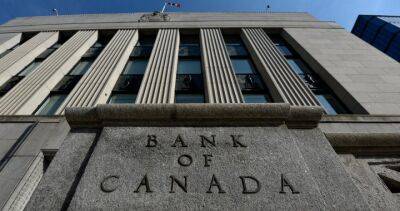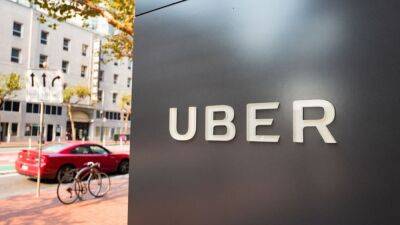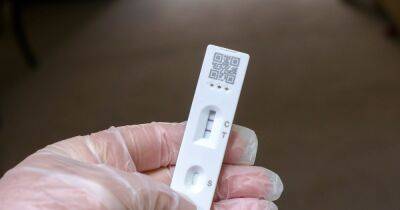Scotland Covid booster - how to book and who is eligible as cases rise
While it may not be making headlines like it used to, Covid-19 is still not quite over - and the NHS is offering a second round of boosters to high-risk groups.
According to the latest data released by the Office of National Statistics (ONS), Scotland currently has the highest rate of Covid-19 in the UK - with one case in every 40 rising from one case in 50 reported the previous week.
It comes as Health Secretary Humza Yousaf expressed concern over rising case numbers and announced an update on a Covid-19 booster program - which is set to roll out later this year.
This will be the government's third booster drive, as it is currently running a spring program offering second boosters.For many, one booster may seem like enough to ward off the virus permanently and this may be true for some.But according to the NHS, infection may be more serious in certain groups and protection from the vaccine may wear off quickly for these people.Here is everything you need to know about the second Covid booster.According to the NHS, The Joint Committee on Vaccination and Immunisation (JCVI) advise a spring dose of the coronavirus (COVID-19) vaccine for:The spring booster should help to reduce high-risk groups of getting seriously ill from coronavirus, or being admitted to hospital with coronavirus, according to the NHS.Those eligible for a second booster will be contacted by the NHS to make an appointment.The spring booster dose will usually be offered around six months after the first booster dose.However, come people may be invited at least three months since their last dose to help protect them against any increase in coronavirus infections.Those who have been invited for a spring dose due to a weakened immune system, but feel this no
Read more on dailyrecord.co.uk

































